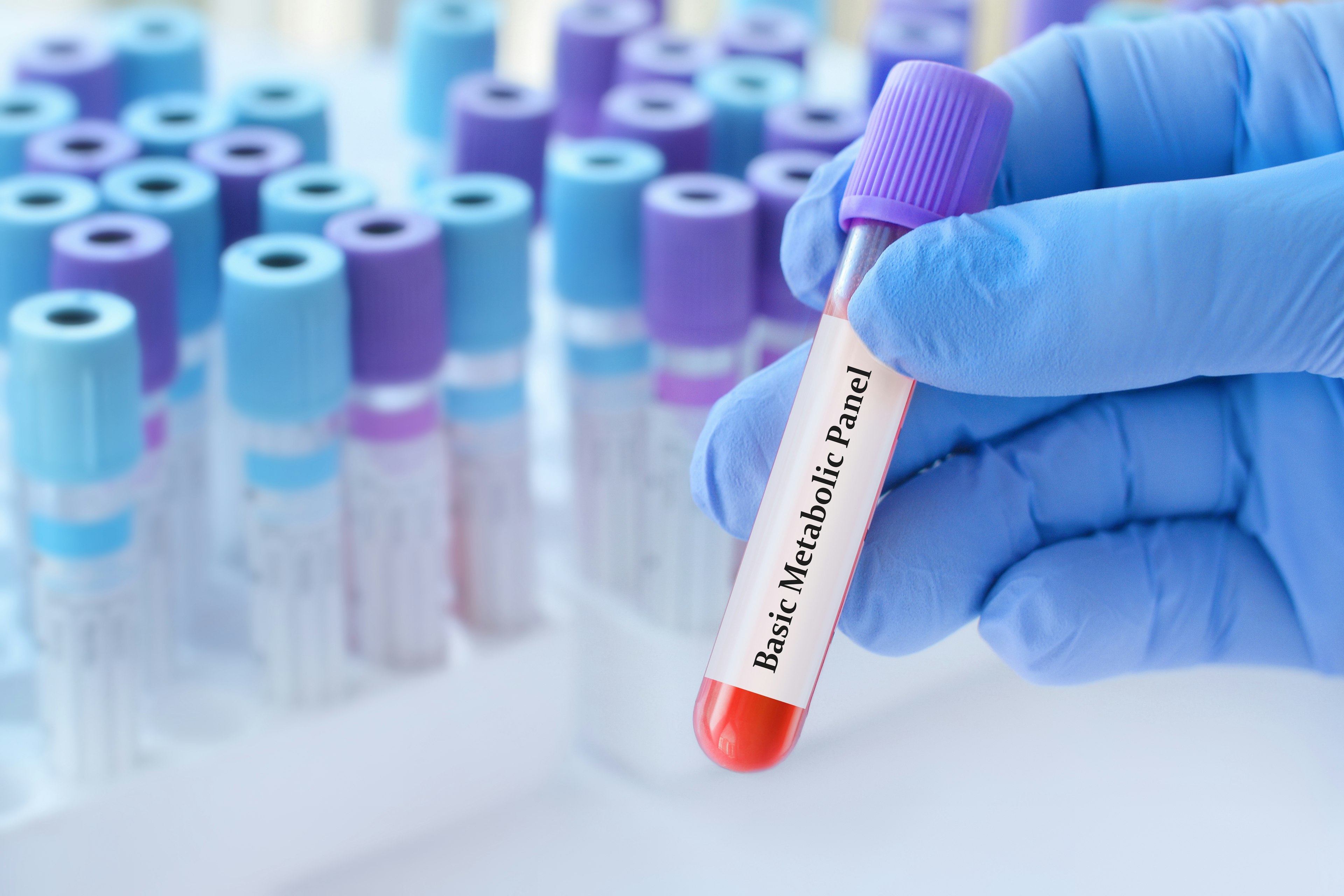Good health starts with knowing which lab tests are most important to take each year. Annual blood work can help detect potential health issues early, giving you the information you need to make proactive decisions.
Whether you’re feeling great and just want that extra peace of mind or you have specific concerns, an annual blood test is a smart move to gain valuable insights about your health. So, which tests should you focus on? This guide will walk you through the essentials.
What are blood tests?
Blood tests are a routine part of preventive healthcare. They provide crucial data on how your body is functioning by measuring key markers such as red and white blood cells, cholesterol levels, blood sugar, and organ function. These tests help screen for conditions like anemia, diabetes, heart disease, and thyroid disorders, sometimes even before symptoms appear.
What are the most common blood tests?
Doctors usually recommend various blood tests based on age, risk factors, and overall health. Some of the most common tests include:
- Complete Blood Count (CBC): Checks for anemia, infections, and overall blood health.
- Basic Metabolic Panel (BMP): Monitors kidney function, electrolyte levels, and glucose levels.
- Lipid Panel: Evaluates cholesterol levels and assesses the risk of heart disease.
- Thyroid Panel: Measures thyroid hormone levels to evaluate thyroid function.
- Blood Sugar Test (A1C or Glucose): Detects diabetes and identifies any blood sugar irregularities.
What lab test should be done annually
When scheduling your annual health check-up, it’s helpful to determine which lab tests offer important information about your overall health. While your specific needs may vary, there are five key blood tests that everyone should consider. These tests play a significant role in identifying potential health issues early and guiding you in making informed health decisions.
1) Nutrients
Checking for nutrient deficiencies is essential to maintaining energy, immune function, and overall wellness. Key markers include:
- Iron levels: Low levels may indicate anemia.
- Vitamin D: Essential for bone and immune health.
- Vitamin B12: Crucial for nerve function and energy levels. (crucial for nerve function and energy levels)
2) Thyroid
A thyroid panel evaluates levels of thyroid-stimulating hormone (TSH), T3, and T4. An underactive or overactive thyroid can impact weight, energy levels, metabolism, and mood.
3) Metabolic
A basic metabolic panel (BMP) or comprehensive metabolic panel (CMP) monitors key functions such as:
- Kidney health
- Liver function
- Blood glucose levels (important for diabetes screening)
4) Full blood count
A complete blood count (CBC) examines different types of blood cells, including:
- Red blood cells (RBCs): Low levels may indicate anemia.
- White blood cells (WBCs): Helps detect infections and evaluate immune function.
- Hemoglobin & Hematocrit: Measures the oxygen-carrying capacity of the blood.
- Platelets: Necessary for blood clotting.
5) Lipoprotein panel
A cholesterol test (lipoprotein panel) evaluates:
- LDL ("bad" cholesterol): High levels increase the risk of heart disease.
- HDL ("good" cholesterol): Helps remove excess cholesterol from the bloodstream.
- Triglycerides: A type of fat in the blood linked to heart disease.
Research indicates that maintaining these markers within a healthy range lowers the risk of heart disease and stroke.
What happens during blood tests?
Getting a blood test is usually quick and straightforward. Before you go in, it's good to know that some tests may require you to fast for 8 to 12 hours, especially those measuring blood sugar, cholesterol, and metabolic function.
If your doctor asks you to fast, please follow their instructions. Here’s a simple breakdown of what you can expect during the process:
Prepare the area
When you arrive, your healthcare provider will clean the area where they will draw your blood with an antiseptic wipe to help prevent infection.
Apply a tourniquet
They will then place a tight band, called a tourniquet, around your upper arm. This helps make your veins more visible and easier to access.
Take the blood
Next, a small needle will be inserted into your vein, and blood will be drawn into several tubes. If you’re having a glucose test, remember that fasting is necessary, so it’s good to check how long you need to fast before your appointment.
Analyze results
Once your blood sample is collected, it will be sent to the lab for analysis. Typically, you can expect to receive your results within a few days.
Annual Blood Tests and Annual Physicals at CLS Health
Regular blood tests are a key element in maintaining your health. They can help detect possible health issues early and provide valuable information about how your body is working.
Annual physical exams usually include these routine blood tests to check key health indicators such as cholesterol levels, blood sugar, and organ function.
Be sure to connect with your healthcare provider to discuss which tests are most beneficial for you based on your unique health needs, risk factors, and medical history.





